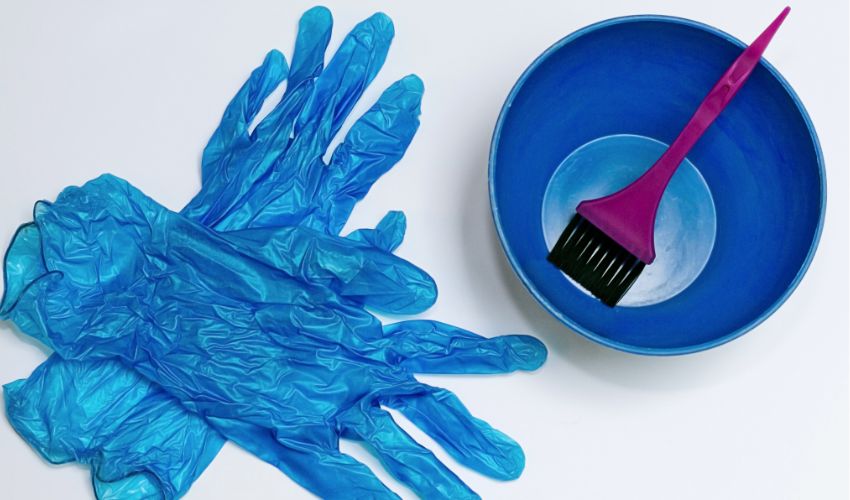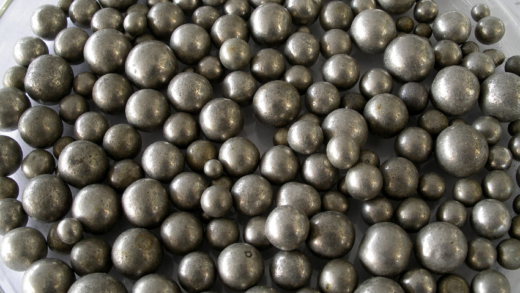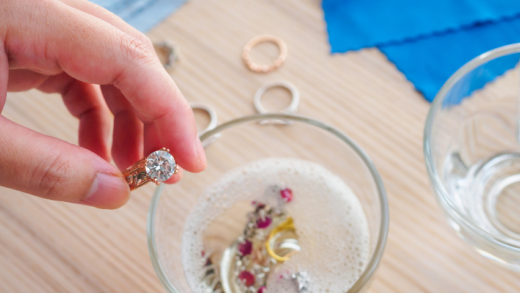The desire to change our hair color is nothing new. Humans have been experimenting with different dyes and pigments for thousands of years, from the ancient Egyptians who used henna to the modern-day hair coloring industry. However, while traditional hair dyes can often achieve stunning results, they are often filled with harmful chemicals that can damage our hair and even our health. Thankfully, there is a natural alternative. Natural hair dyes use plant-based ingredients to color our hair, providing us with stunning results without any of the harmful side effects. In this article, we will explore the world of natural hair dyes and share some of the best options for achieving beautiful, healthy hair.
The Benefits of Natural Hair Dyes
- Avoid Harmful Chemicals
- Nourish Your Hair
- Long-Lasting Results
Types of Natural Hair Dyes
- Henna
- Indigo
- Cassia
- Beet Juice
- Chamomile
- Black Walnut

How to Use Natural Hair Dyes
- Preparing Your Hair
- Mixing and Applying the Dye
- Processing Time
- Rinsing and Caring for Your Hair
Tips for Maintaining Natural Hair Color
- Avoiding Harsh Shampoos
- Using Conditioner
- Limiting Heat Styling
- Touching Up Your Color

Bullet Points:
- Henna: Made from the leaves of the henna plant, it can provide rich, reddish-brown color and is a popular natural hair dye option.
- Indigo: Derived from the leaves of the indigo plant, it can create shades of blue, black, and purple when combined with henna.
- Cassia: Made from the cassia plant, it can provide a light golden tint to hair.
- Beet Juice: A natural, temporary hair dye that can add a red tint to light-colored hair.
- Chamomile: Used to lighten blonde hair, chamomile can also add shine and enhance natural highlights.
- Black Walnut: A natural dye that can create a rich, dark brown color.
FAQs:
Are natural hair dyes safe?
Yes, it are generally considered safe. Unlike traditional hair dyes, they do not contain harmful chemicals like ammonia or parabens.
How long does natural hair dye last?
The longevity of natural hair dye varies depending on the specific dye used and how well it is cared for. However, most natural hair dyes will last between four and six weeks.
Can natural hair dye cover gray hair?
Yes, natural hair dyes can cover gray hair. However, since they do not contain harsh chemicals, they may not provide the same level of coverage as traditional hair dyes.
Can natural hair dyes damage hair?
No, natural hair dyes are much gentler on hair than traditional hair dyes. In fact, many natural hair dyes can actually nourish and strengthen hair.
Can natural hair dyes be used on all hair types?
Yes, natural hair dyes can be used on all hair types. However, it is important to select a dye that is appropriate for your hair color and type. For example, henna is a great option for those with dark hair, while chamomile may be better suited for those with lighter hair.
Conclusion:
Natural hair dyes offer a healthy and effective way to change up your hair color without the use of harsh chemicals. From henna to beet juice, there are a variety of plant-based options that can provide beautiful, long-lasting results. By choosing a natural hair dye, you can achieve your desired look while also nourishing and strengthening your hair. So why not give natural hair dyes a try and enhance your beauty the healthy way?
Remember to always do your research and select a dye that is appropriate for your hair type and desired results. Follow the instructions carefully and take the necessary precautions to avoid any negative side effects.
In addition, don’t forget to take care of your newly colored hair. Use a gentle shampoo and conditioner, avoid excessive heat styling, and consider touch-ups as needed to maintain your color.






















